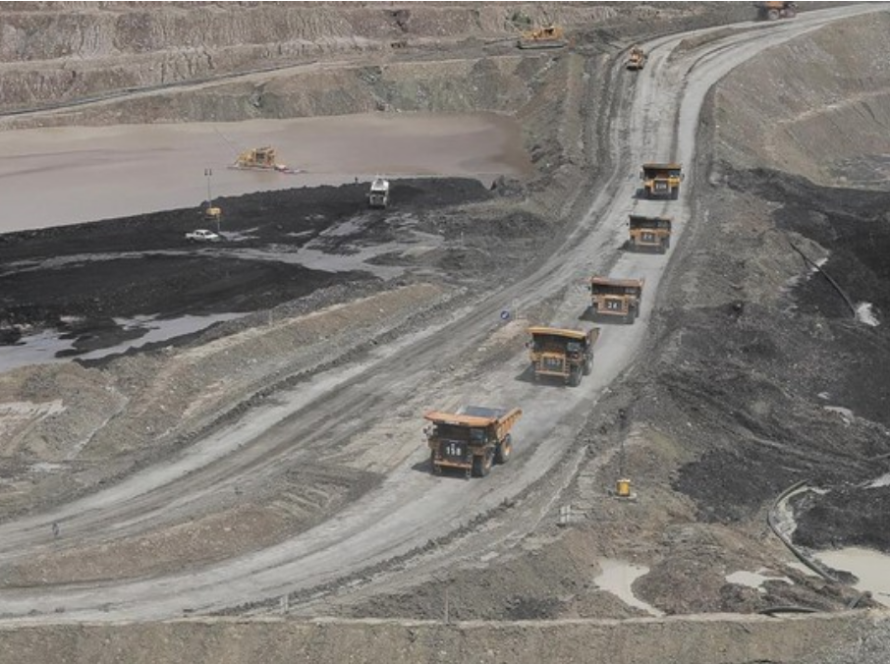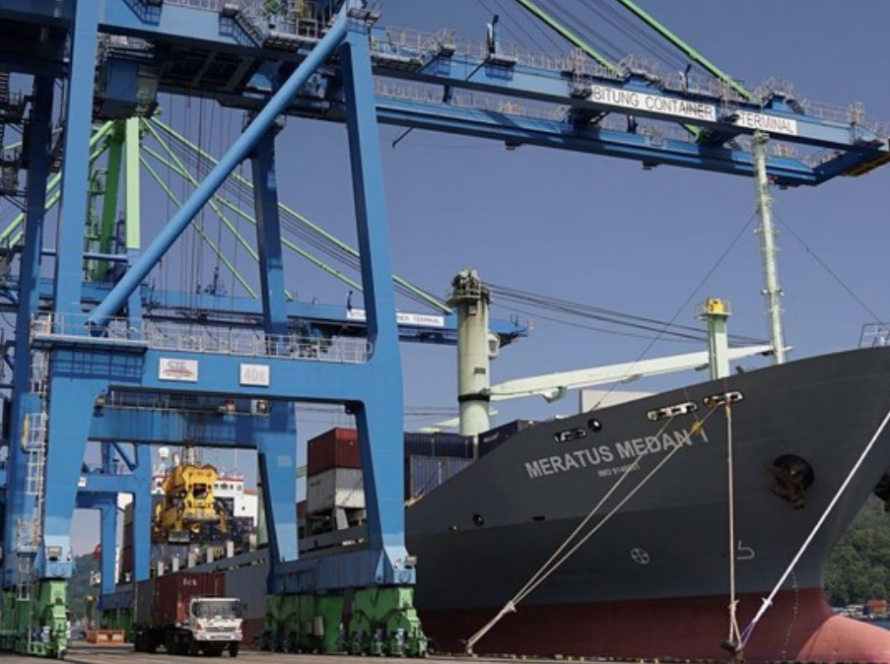Jakarta, CNBC Indonesia – Coal prices experienced a slight increase due to rising demand from India and reduced supply from China.
According to data from Refinitiv, the price of ICE Newcastle coal for the July contract closed at US$135.5 per troy ounce on Monday (June 17), up 0.25% from the previous price. The previous trading close on Friday (June 14) recorded a coal price drop of 0.91% to US$135.15 per troy ounce.
This price increase occurred amidst a dynamic global market situation. One of the main factors affecting coal prices is the change in demand and supply in major countries like India and China.
Increase in Coal Imports by India
India, one of the largest coal importers in the world, showed a significant increase in coal imports in April 2024. According to a report from Construction World, India’s coal imports increased by 13.2% to 26.10 million metric tons (MT) compared to the same period last year, which was 23.05 MT. This increase was due to preparations for an earlier than usual summer season.
India’s Minister of Coal and Mines, G. Kishan Reddy, suggested that India should produce more coal domestically and reduce imports. However, data from Mjunction Services Ltd showed that imports of coal and coke in April 2024 through major and non-major ports increased by 13.2% compared to April 2023. Non-coking coal imports reached 17.40 MT, up from 15.15 MT last year, while coking coal imports reached 4.97 MT, up from 4.77 MT in the same period.
Vinaya Varma, MD and CEO of Mjunction, noted that there was an increase in import volumes. He stated that the continuous demand from the power sector and the non-regulated sector is likely to persist due to restocking before the monsoon season. Data also showed that coal imports in April increased by 8.93% compared to March, where imports were recorded at 23.96 MT. In fiscal year 2024, India’s coal imports rose by 7.7% to 268.24 MT, driven by lower prices and higher electricity demand expectations during the summer. The country’s coal import volume was 249.06 MT in fiscal year 2023.
According to The Hindu Business Line, India’s thermal coal imports continued to increase for six consecutive months up to May 2024. Coal shipments reached their highest point in the last six months as thermal power plants (TPP) added stocks to anticipate increased electricity demand due to high summer temperatures.
Decline in Coal Production in China
On the other hand, China, the world’s largest coal producer, experienced a production decline of 0.8% year-on-year in May 2024. According to data from China’s national statistics bureau reported by Reuters, China’s coal production reached 383.85 million tons in May, up from 371.67 million tons in April, but still the lowest level since October 2022.
China’s daily coal production fell to 12.38 million tons per day in May, from 12.39 million tons per day the previous month. From January to May, China’s coal production reached 1.86 billion tons, down 3% from the same period last year. This decline was due to ongoing safety inspections that caused some production to halt.
It is expected that China’s coal production will remain low during the first half of this year after the strengthening of safety standards led to production declines in Shanxi, one of China’s main coal-producing regions. As a result, an industry group said last month that China’s annual production growth would be in the range of -1% to 1% this year, after previously forecasting a 1% expansion. Last month, China imported 11% more coal compared to the previous year to cover the production shortfall. Imports increased by 12.6% during the first five months of this year.
Global Impact and Future Prospects
The increase in India’s coal imports and the decline in China’s production indicate significant demand and supply dynamics in the global coal market. These conditions contribute to the slight increase in coal prices.
Coal demand from India is expected to remain high, especially as the country seeks to address energy shortages and increase power generation capacity. Meanwhile, China, with its strict mining safety policies, is likely to maintain moderate production, which could continue to drive coal imports from other countries.
Source:



